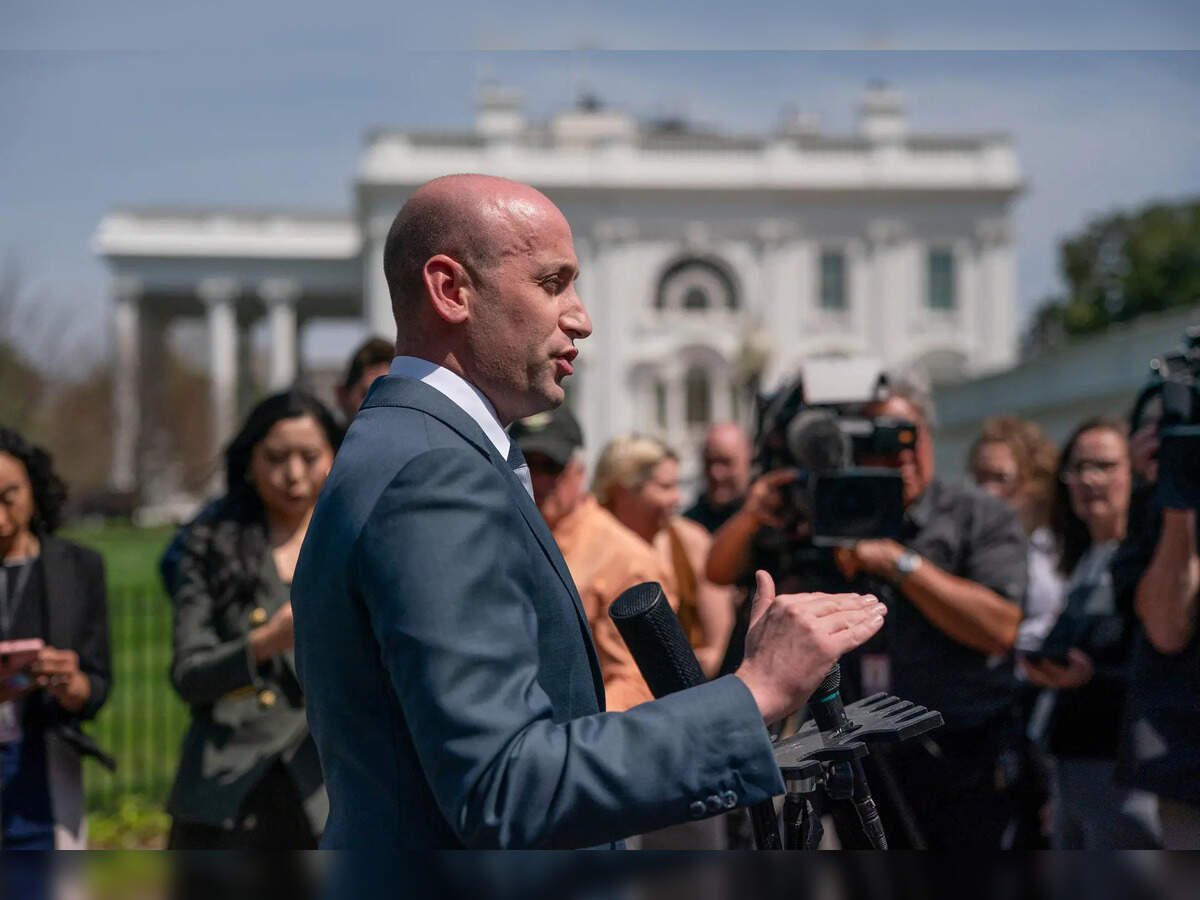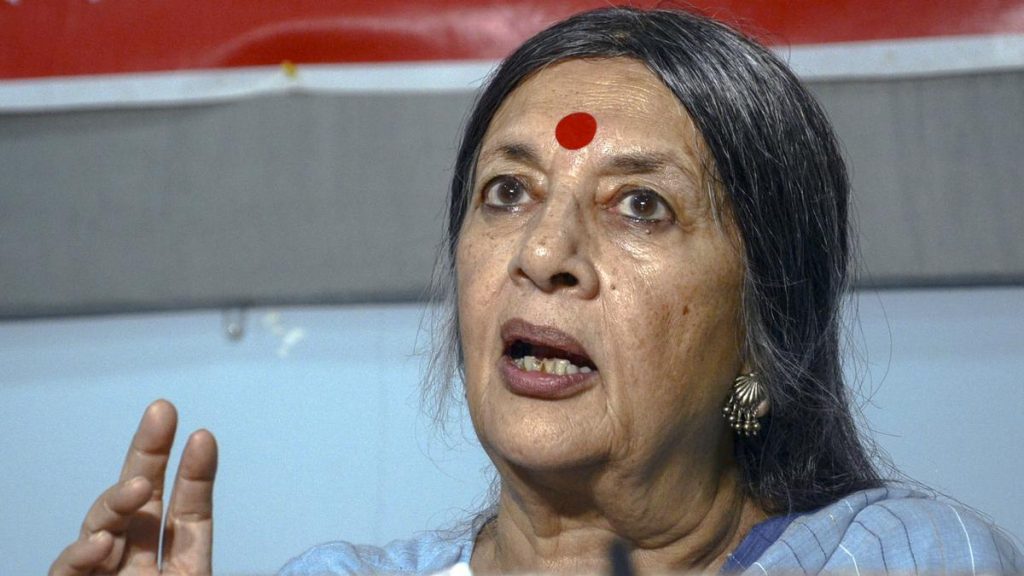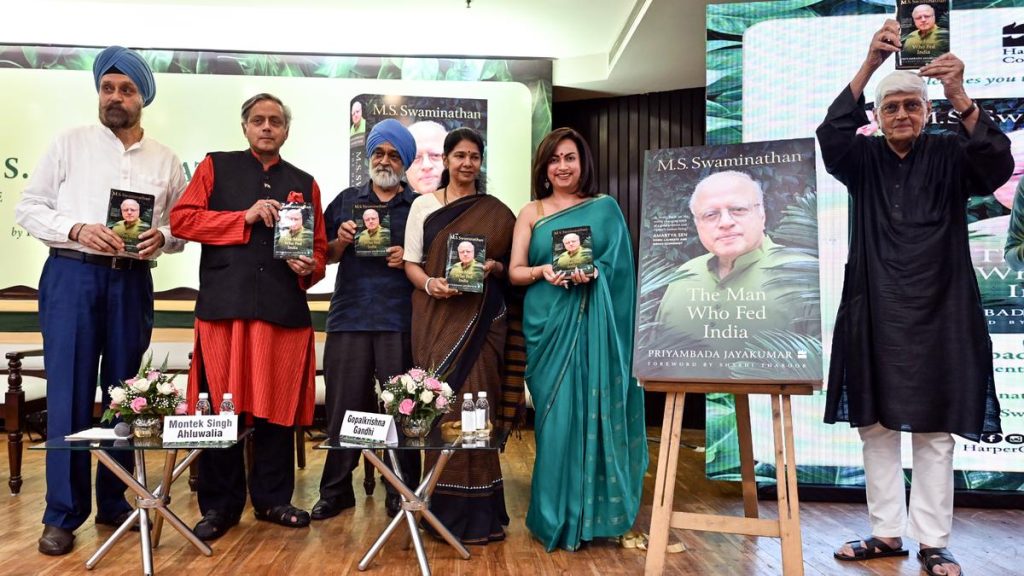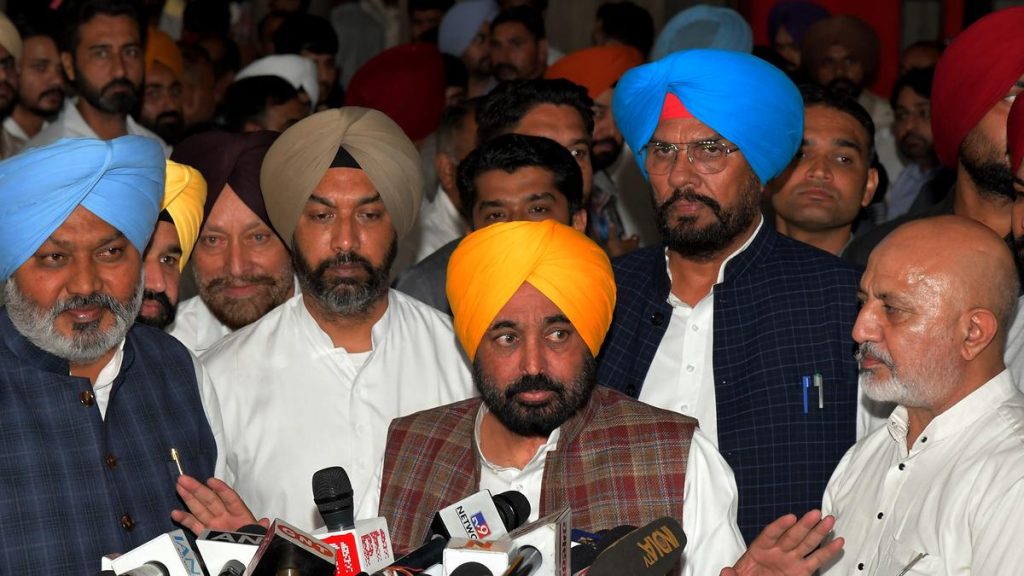Now Reading: India Tries to Be ‘Everyone’s Friend’: Former Trump Aide
-
01
India Tries to Be ‘Everyone’s Friend’: Former Trump Aide
India Tries to Be ‘Everyone’s Friend’: Former Trump Aide

Quick Summary
- White House Deputy Chief of Staff Stephen Miller accused India of trade protectionism and misuse of immigration rules during a Fox News interview.
- Miller claimed India imposes “massive tariffs” on US goods and engages in “cheating” on immigration policies while portraying itself as a close US partner.
- On the trade front, President Trump has imposed 25% tariffs on several Indian imports citing trade imbalances; the US government’s data reported a $45.7 billion trade deficit with India in 2024.
- Bilateral trade between the two nations was valued at $129 billion in 2024: US exports to India grew by 3.4% (to $41.8 billion), while imports from India rose by 4.5% (to $87.4 billion).
- Miller’s remarks hinted at using high-skilled H-1B visa policy – dominated by Indian professionals who account for approximately 70% of all issued visas – as leverage in bilateral negotiations, linking future visa access to India’s willingness to reduce tariffs or market restrictions.
- Analysts warn that politicising immigration and trade could damage long-term trust between the two countries amidst broader recalibrations under Trump’s second-term “America First” agenda.
Indian opinion Analysis
The escalating rhetoric from Stephen Miller highlights growing friction between two major economies, particularly concerning their intertwined economic relations and global strategic interests. While India’s tariff policies reflect its domestic priorities such as protecting key industries, the accusation of “cheating” marks a sharp departure from previous diplomatic tones used by both governments.
The suggested linkage of H-1B access with tariff concessions introduces new uncertainty for India’s tech workforce-a sector crucial for bilateral cooperation-but framing workforce migration within transactional terms may undermine existing goodwill cultivated over decades.
As elections loom in both nations, there is potential for domestic pressures to dominate policy decisions rather than long-term partnership goals that drive shared prosperity and growth strategies across sectors including technology, defense, and energy collaboration.
Avoiding further escalation would likely require calibrated diplomacy-balancing immediate economic goals with preserving foundational trust-especially given ancient interdependence built through people-to-people connections alongside governmental initiatives.




























